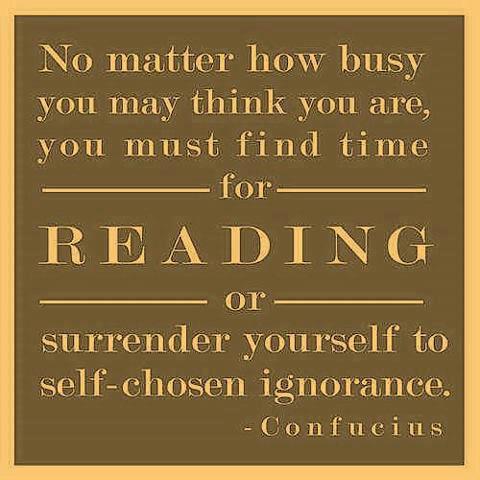Happy new reading year
 Thursday, January 3, 2013 at 2:44PM
Thursday, January 3, 2013 at 2:44PM  Word count: 410 Reading time: 1-2 mins
Word count: 410 Reading time: 1-2 mins
If you don’t have time to read, you don’t have time (or the tools) to write. Stephen King.
Last year I read 60 books and dozens of short stories (thank you The New Yorker and Sarah Selecky’s brilliant online course Story Is A State Of Mind). I worked through fiction and nonfiction, books on the craft of writing, children’s books, YA, thrillers, historical fiction and classics. How can I remember all this? Easy: every time I finish a book or story, I list it on a spreadsheet, summarizing its merits or shortcomings. I note authors who moved me. When a writer has delivered a particularly powerful scene, I copy-type it to discover what it feels like to be so skilful. I am a determined apprentice who wants to learn from the masters.
I’m not going to list all the books I liked here. That’s what Goodreads is for. I’m not trying to be a book reviewer so I use the GR site simply to vote for captivating novels. Because taste in literature is so wildly subjective, the books that disappointed me are not included in my GR list. Maybe I didn’t understand what the writer tried to achieve. Maybe I didn’t empathize with the main character. The failures may be all mine.
Which leads to the question: why keep reading books that disappoint me or are poorly written? Edward Albee answered that question: If you are going to learn from other writers, don't only read the great ones, because if you do that you'll get so filled with despair and the fear that you'll never be able to do anywhere near as well as they did, that you'll stop writing. I recommend that you read a lot of bad stuff, too. It's very encouraging. "Hey, I can do so much better than this." Read the greatest stuff but read the stuff that isn't so great, too. Great stuff is very discouraging.
I finished 2012 with Gone Girl by Gillian Flynn. If I read only at this level all year round, I’d give up writing forever. She’s that good. So, in the day or two, after I’ve finished Flynn’s Sharp Objects, I’ll pick up something less humbling. And I’ll learn something from both ends of the spectrum.
What have you read recently? Do you find the books that inspire you are also the ones that slightly discourage you? What are your guilty reading pleasures?
***
Book photo by: Sglaw


